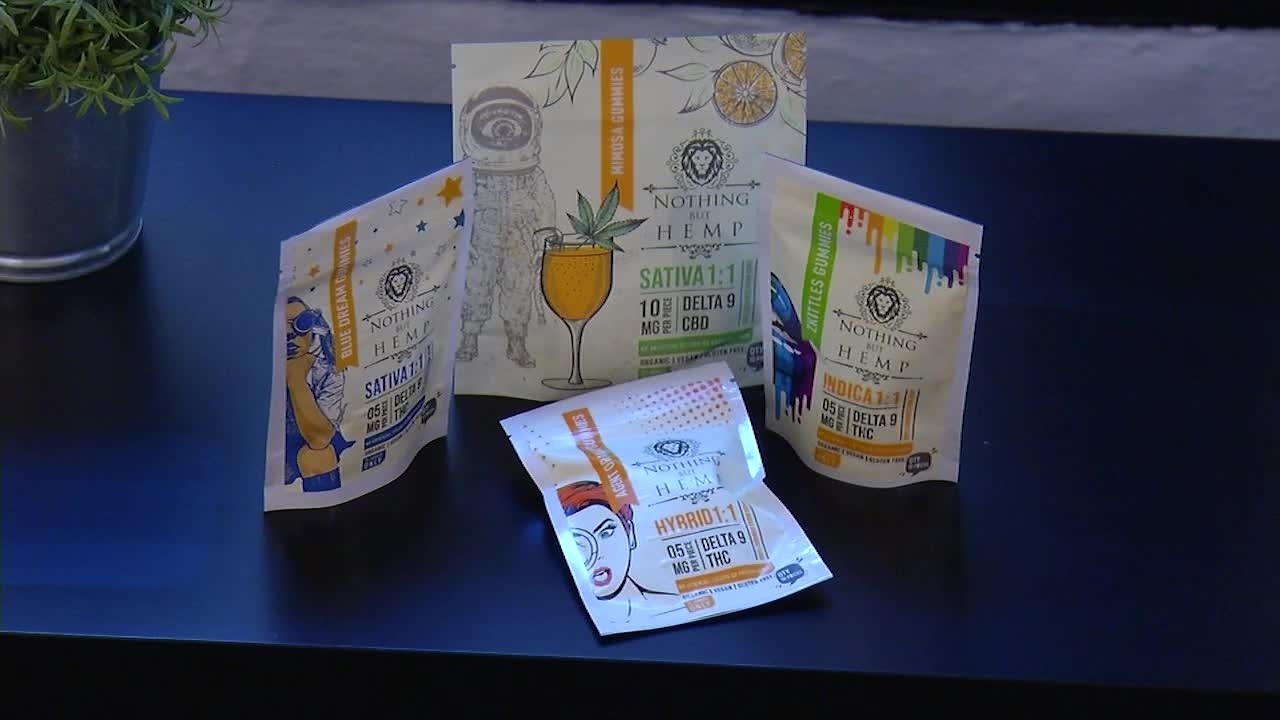Winkler says ‘no secret’ about bill legalizing THC edibles
Edibles with intoxicating levels of THC have been legal in Minnesota for a week, but some Republican lawmakers were caught by surprise — even though they voted for the bill that made them legal.
DFL House Majority Leader Ryan Winkler acknowledged this week that supporters of the bill didn’t go out of the way to publicize it would legalize THC edibles and beverages — but he says it wasn’t hidden, either.
Winkler is a leading proponent of legalizing recreational marijuana in Minnesota. In 2022, he got almost halfway there by helping pass an omnibus health policy bill that legalizes edibles like gummies and beverages that can include up to 5 milligrams of THC, an intoxicating level that is about half the amount authorized in states like Colorado.
“There was no secret about this whatsoever,” Winkler said in an interview Friday recorded for “At Issue with Tom Hauser” to air Sunday morning. “It’s not like the legislation we’ve seen in the past where you stick something in a bill at the last second that was never heard before. This went through the process.”
RELATED: Customers flock to buy new cannabis products, but not all retailers high on new law

Packs of THC edibles are displayed at Nothing but Hemp in St. Paul. (KSTP/file)
Winkler says the bill had three hearings in the House and had a hearing in a House-Senate conference committee, even though the Senate did not have a hearing specifically regarding this provision.
However, some have pointed out the bill that included the language legalizing the edibles included the words “non-intoxicating hemp regulation” in the description of what the bill includes. Winkler says it’s unfortunate if people think that was an attempt to mislead.
“Well, if so, it’s unintentional because it had to do with the definition under existing law of what is non-intoxicating,” he said. “So the 5-milligram limit, 0.3% cap, those have been used to define non-intoxicating in the past.”
When asked if she believes Winkler’s explanation, Republican Annette Meeks of the Freedom Foundation said, “Not a word.”
She says by not being more transparent, many important issues were ignored.
“It should at the very least be taxed, it should be regulated and we should have some testing of these products,” she says. “We have none of that.”
Former DFL state Sen. Jeff Hayden agreed the law is incomplete but defended the process.
“It looks like there’s some things they need to fix, but I will say that the House heard it,” Hayden said. “I think you heard Rep. Winkler say they heard it in multiple committees and then it got to conference. The Senate chose not to hear it.”
You can see much more on all of this Sunday at 10 a.m. on “At Issue with Tom Hauser.”